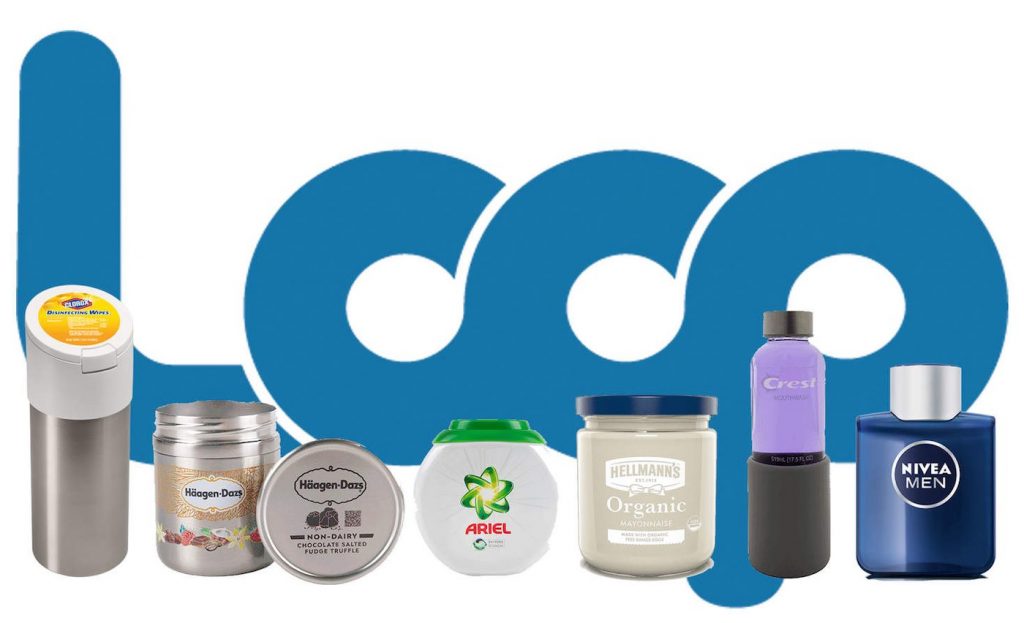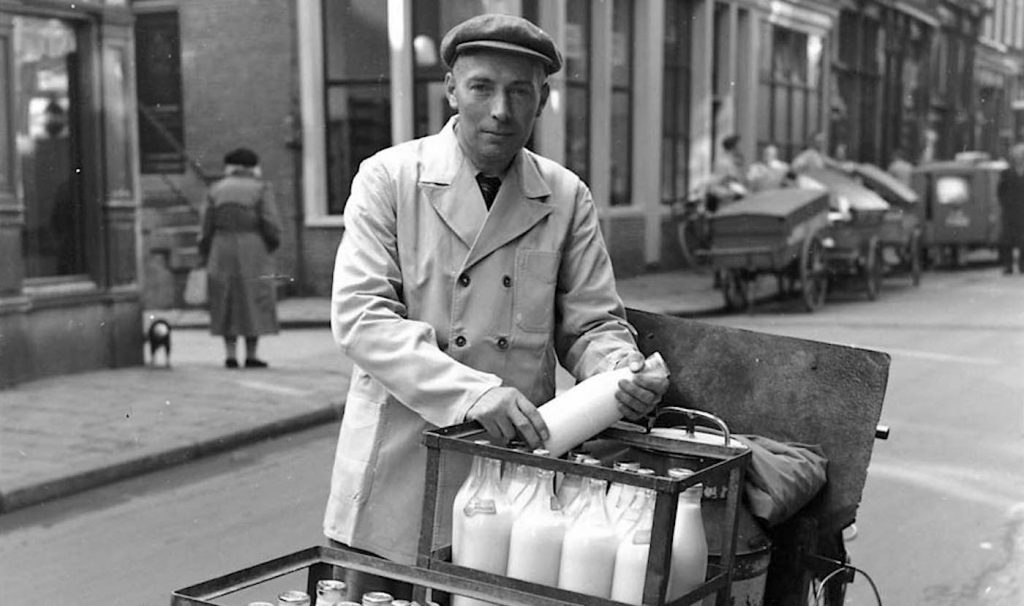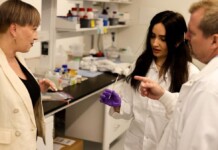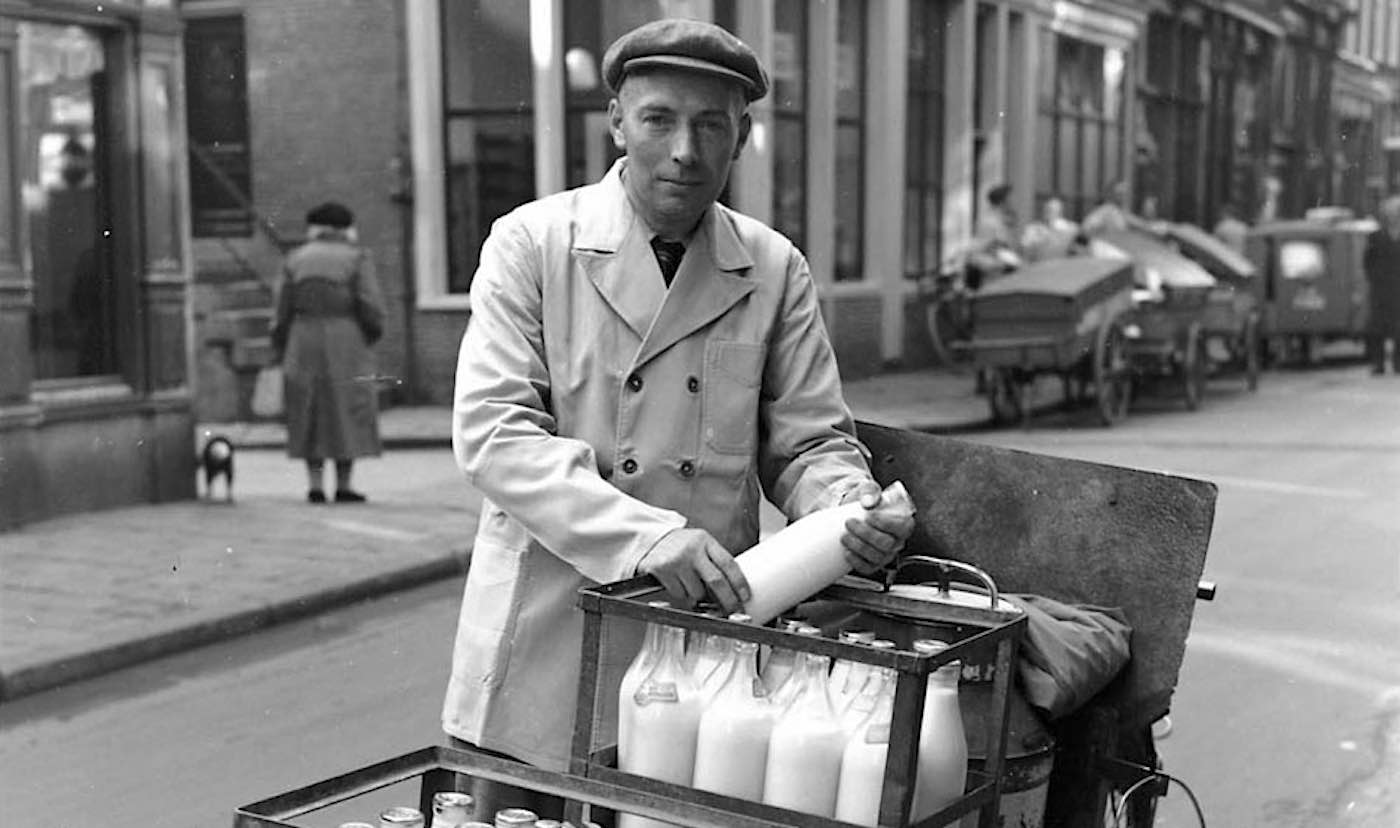For several generations of young Americans, the idea of a ‘milkman’ is a completely foreign concept. But if you lived in the 40s, 50s, and 60s, and you were in the middle-class, you likely had a delivery truck dropping off fresh bottles of milk on your front porch—and you would leave the empties outside to be picked up. It was super convenient—and, better yet, there was no waste generated in the process.
With tons of plastic containers overrunning landfills, and an innovative partnership of consumer brands emerging, the milkman idea of circulating containers is making a comeback.
Loop launched in Paris and New York one year ago as a company that ships customers their favorite products packaged in reusable stainless steel or glass containers to be collected later for cleaning and refilling—just like your grandfather’s milk.
They quickly expanding their operation to cover much of the U.S. Mid-Atlantic region, and this month Loop will be bringing their pioneering business model to the UK, a move they hope will make them the biggest eliminator of single-use plastics in the global grocery market. They also announced plans to expand soon into Canada, Germany, and Japan.
RELATED: ALDI Heaps Pressure On Supplier Packaging Being 100% Recyclable or Compostable Within Five Years
Loop teamed up with some of the biggest consumer industry giants to create eco-versions of hundreds of popular products like Tropicana, Haagen-Dazs, or Hellmann’s mayonnaise; cleaning products like Tide and Clorox wipes; and skin and hair care essentials like deodorants, from companies like Dove, Pantene, L’Oreal, and Crest. Procter & Gamble, Loop’s biggest partner, which also owns a 2 percent stake in the enterprise, tapped into 10 of its most iconic brands as part of the Loop 2019 launch, including Ariel, Cascade, Crest, Febreze, Gillette, Pantene, Pampers, and Tide, according to GreenBiz.

Stateside, the refillable products are available at Kroger and Walgreens, in addition to the online Loop store, and they cost nearly the same as their plastic counterparts, except for the cost of a deposit.
Founded by the brilliant recycling company TerraCycle, Loop plans to expand across the U.S. this year where more consumers in specific zip codes can place empties inside their Loop insulated zipper tote on the doorstep—to be picked up, washed, and reused.
In France, where Loop has already partnered with Carrefour—one of the largest grocery chains in Europe, consumers pay a small deposit on the items purchased, in case the packages aren’t returned later. This includes small bottles, where a deposit might only be a few cents, or large tubs that might contain laundry soap or paper towels

When asked about the hefty carbon footprint of shipping the products all over the country and then shipping them back for washing and refilling, Loop’s founder, the mastermind of Terracycle, Tom Szaky, explained that if you add up all the energy and shipping it takes to create and distribute plastic, the carbon footprint is cut in half—plus you are digging up the actual root of the plastic problem, so it can be eliminated.
CHECK OUT: German Supermarket Saves Over 2,000 Tons of Food By Reselling Items Other Stores Won’t
Furthermore, as drone delivery technology becomes more and more feasible in major cities, delivery will become much cheaper and more energy efficient. Companies like DHL, UPS, Amazon, Google, Dominoes, Rakuten, and 7-11 all have drone-delivery technology.
According to the Business Insider 2018-2020 report on online grocery shopping, 10% of consumers utilize online grocery store options, while the market value of these services doubled from $12 billion in 2016 to $26 billion in 2018 and shows no sign of slowing down.
It’s possible that in the next ten years thanks to companies like Loop, all the benefits of the friendly neighborhood milkman will be resurrected to create a healthier planet for all.
Deliver The Awesome News To Friends By Sharing This To Social Media…




















